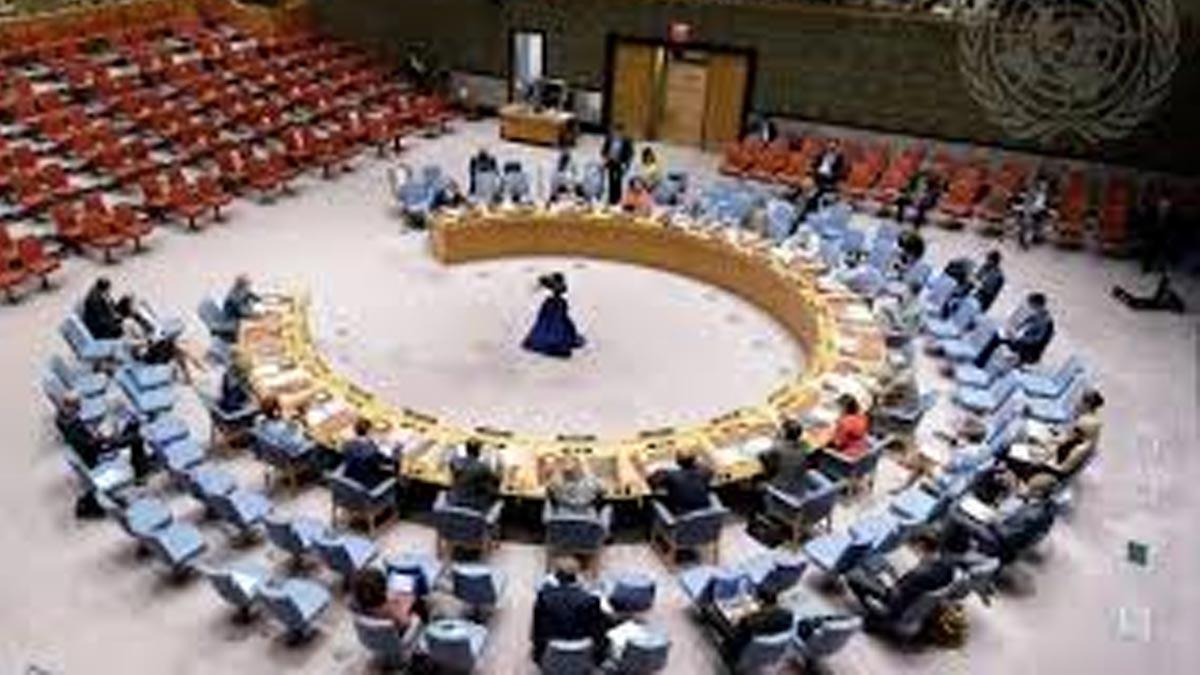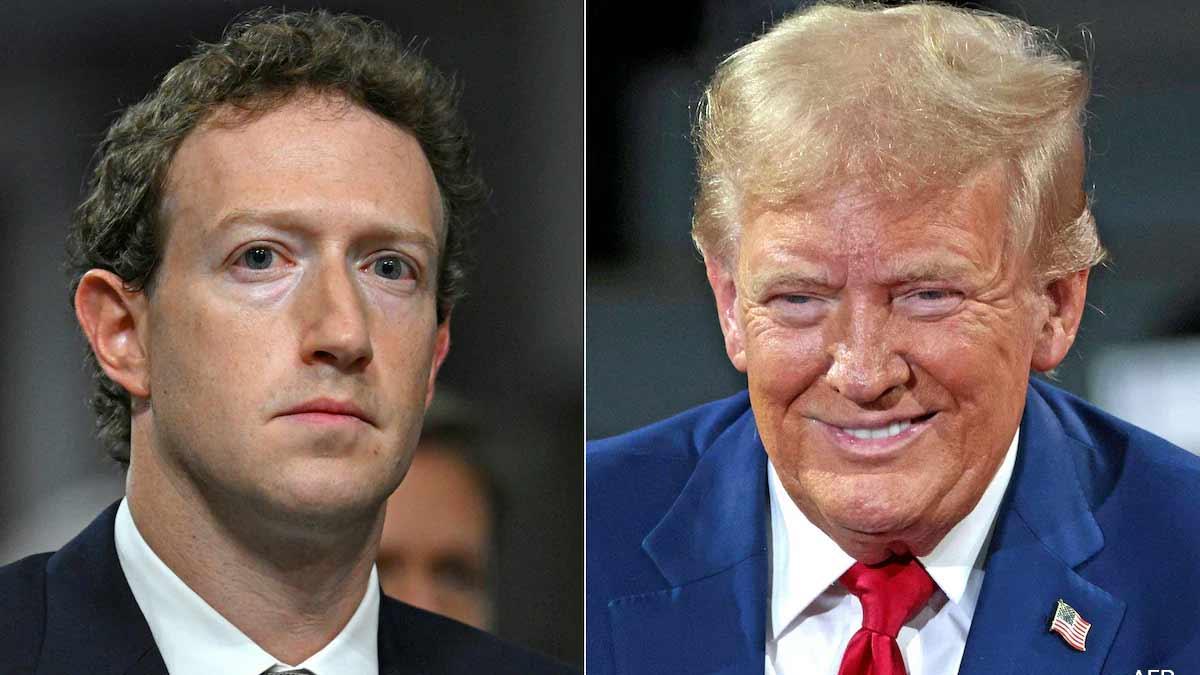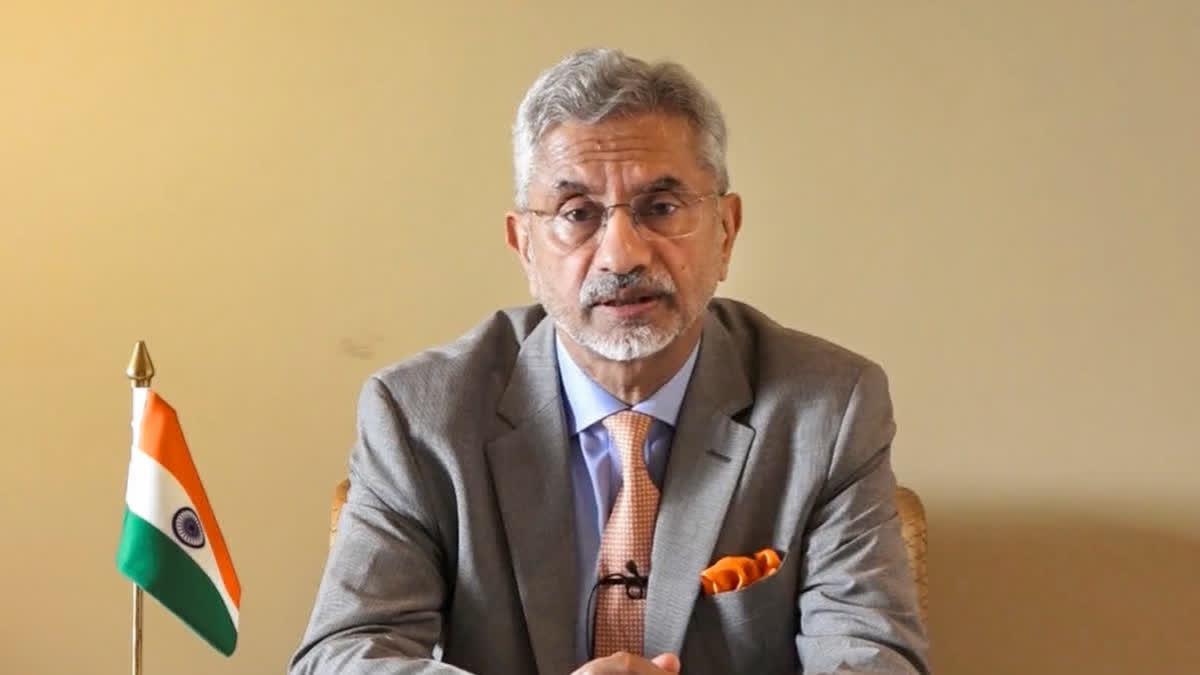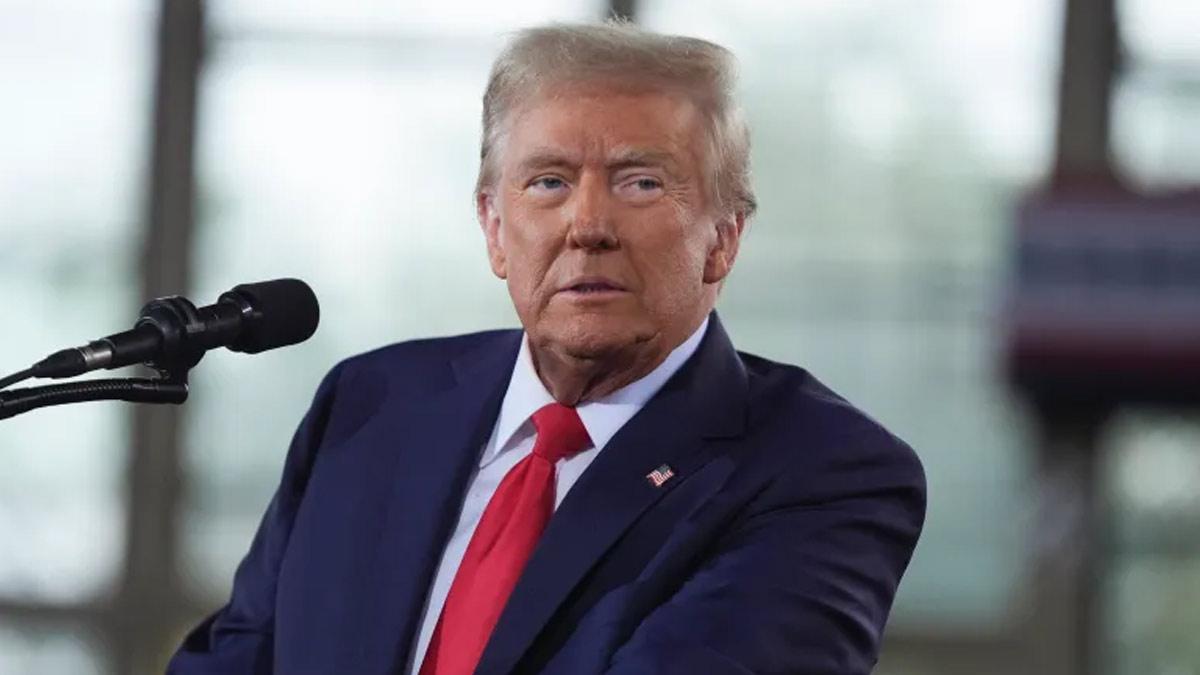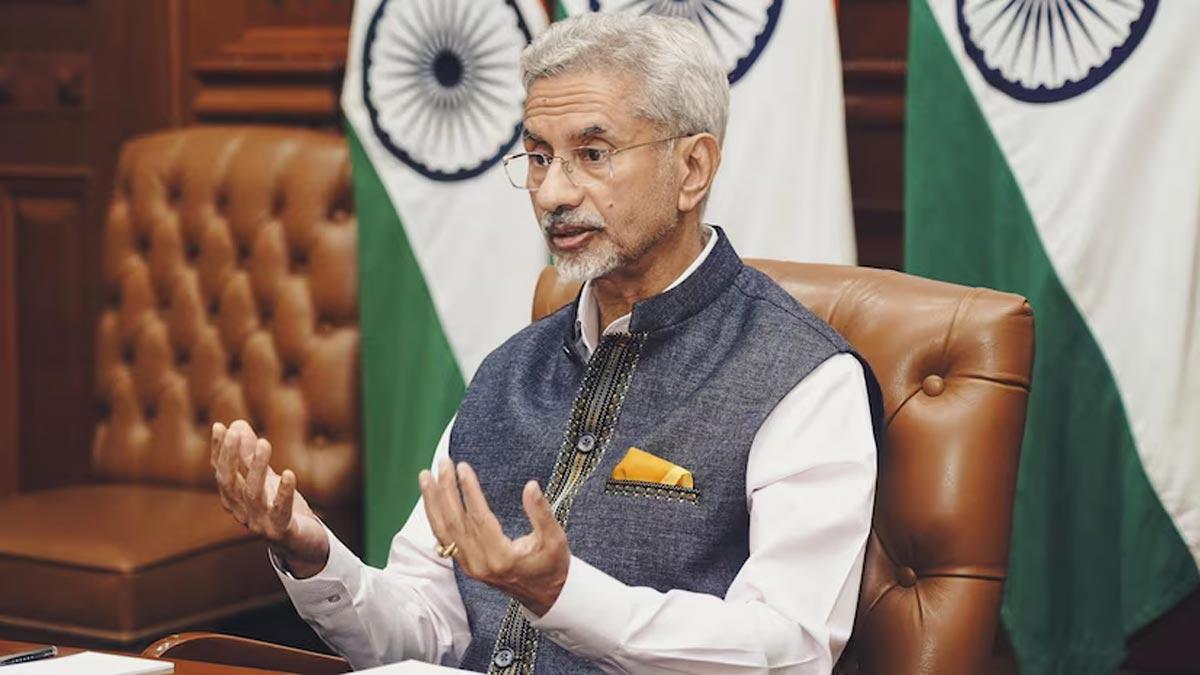UN Security Council President Evangelos Sekeris expressed serious reservations about escalating tensions between India and Pakistan and hinted at a meeting regarding the situation could be organized.
Responding on Thursday as to whether it could be possible to have a meeting on addressing the matter in South Asia, Sekeris stated, "With plain logic, this is something which might probably happen."
Sekeris, Greece's Permanent Representative to the United Nations, said this in a press conference after taking over the rotating chair of the Security Council for the month.
India, in theory, would oppose such a meeting, since it views its disputes with Pakistan as bilateral matters under the 1972 Simla Agreement. India does not view these disputes as third-party disputes. But the Security Council, according to the UN Charter, has the authority to call a meeting on the matter.
Nevertheless, the Council will not do anything concrete about the issue, as all but possibly China of the permanent members would be reluctant to become directly involved, out of deference to India's position.
Sekeris did concede, however, that Pakistan is a member of the Council currently and said, "It's a difficult subject, but we are very open to any invitation (for a meeting). And if the meeting with the Security Council occurs in any way, we will still have the debate, as President, in a way that is still faithful to the mandate."
He added that such a session would provide "an opportunity to have views expressed, and this might help to diffuse tensions."
"We are also seriously concerned with the rising bilateral tension," Sekeris emphasized. "If the situation is not de-escalating, requesting an extraordinary Security Council meeting, this is something which can come as a consequence," he reiterated, reasserting the Council's commitment to its mandate of securing international peace.
Sekeris added that the Council had condemned the "heinous" terrorist bombing in Pahalgam last month, which was also condemned by Greece. "We condemn terrorism in all its forms, wherever it's happening," he added.
When asked whether the Council's press release condemning the attack did not mention the perpetrators due to "Pakistan's leverage" as a member, namely of The Resistance Front—a splinter faction of Lashkar-e-Toiba which initially claimed responsibility—Sekeris responded, "A press statement of whatever wording, which is taken by consensus unanimity, then naturally, you cannot comment on the various stages of the negotiation, because in an internal document."
He said, "For me, the most important thing that we have is, this press statement was issued because, as you mentioned, having the Security Council comprised of one member state, which is among this conflict, of course, then you could anticipate a different outcome."
Read also| Donald Trump on Trade War Impact: ‘US Kids Might Get 2 Dolls Instead of 30’
Read also| U.S. Urges Pakistan to Aid in Kashmir Terror Probe, Seeks Regional Stability

